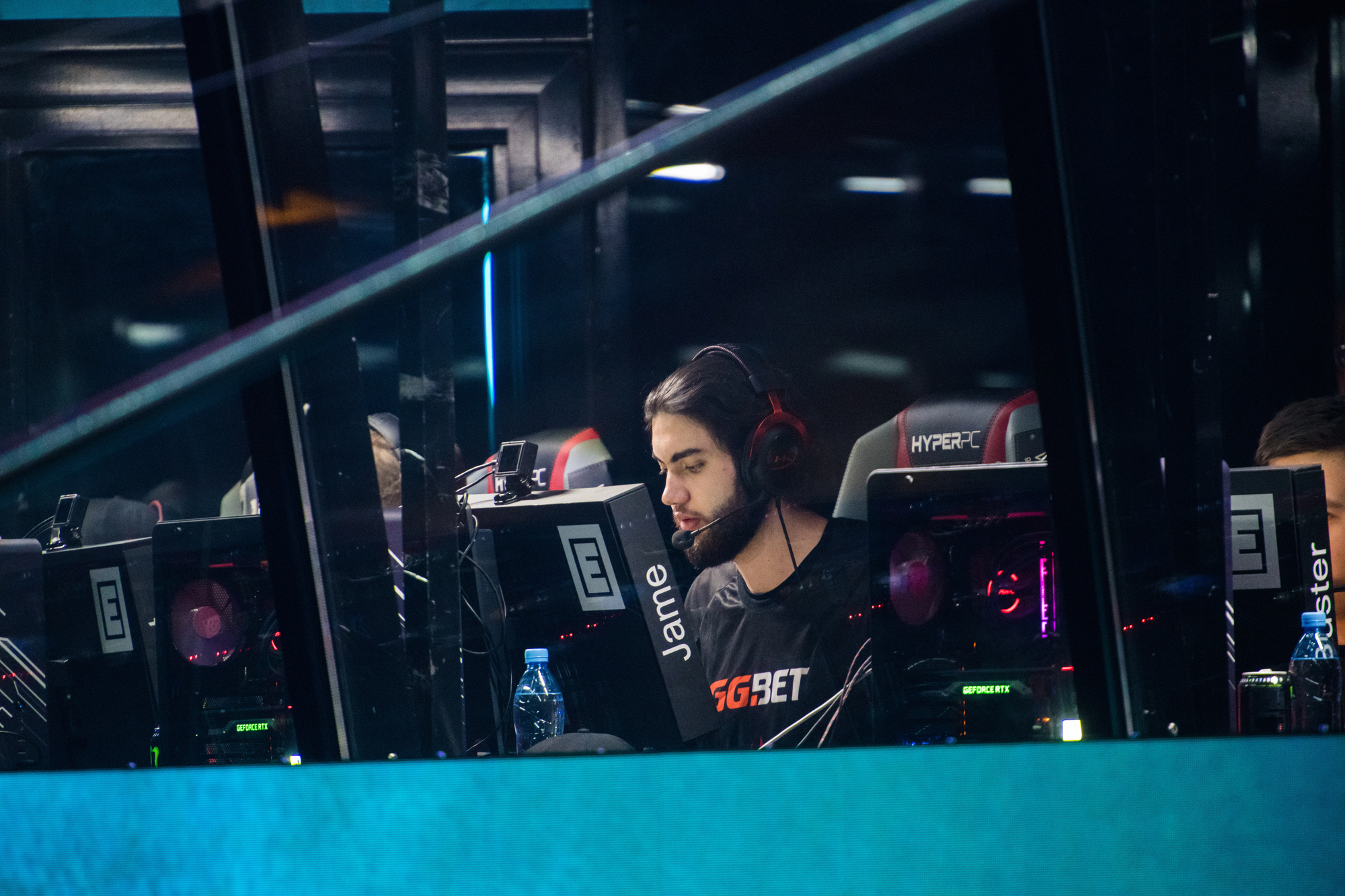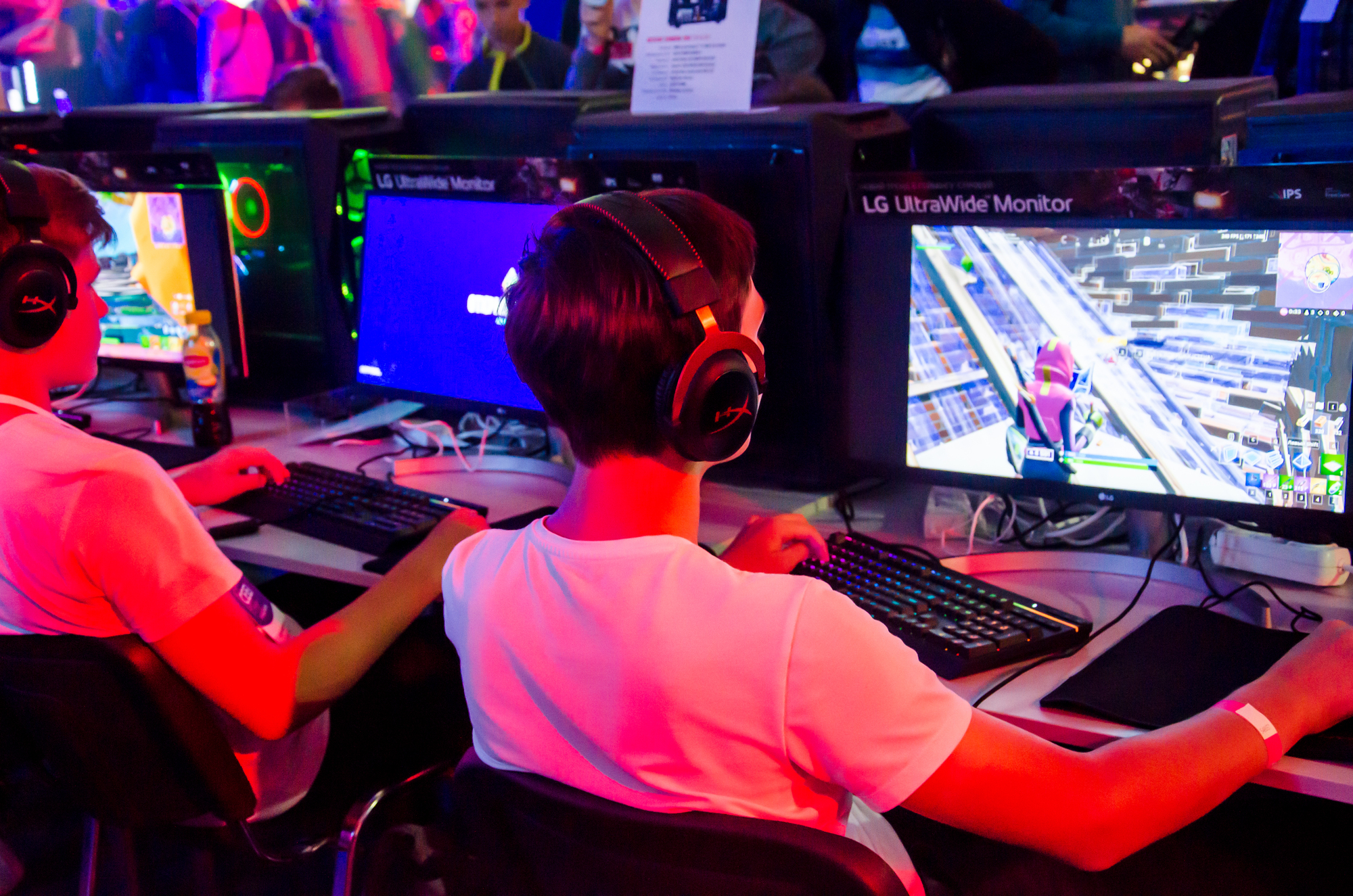Gaming enthusiasts can now transform their hobby into a lucrative venture. The digital age has opened up numerous avenues for gamers to monetize their skills and passion. From streaming gameplay to creating content, teaching others, or competing professionally, there are many ways to earn money from gaming.
Turning gaming into profit requires more than just being good at playing games. It involves building a personal brand, engaging with audiences, and staying up-to-date with industry trends. Successful gamers often diversify their income streams, combining activities like streaming, content creation, and sponsored partnerships.
While the path to profitability in gaming can be challenging, it offers exciting opportunities for those willing to put in the effort. With dedication, creativity, and smart strategizing, gamers can carve out a niche for themselves in this competitive yet rewarding field.
Identifying Your Gaming Niche
Selecting a specific area of focus within gaming can maximize profit potential. This process involves understanding market trends, choosing lucrative game titles, and cultivating a dedicated following.
Understanding the Gaming Market
The gaming industry continues to expand rapidly, with global revenues projected to exceed $300 billion in the coming years. This growth presents opportunities for gamers to monetize their skills and passions. Researching current trends helps identify promising niches.
Popular genres like battle royales, MOBAs, and esports titles often have large player bases and robust competitive scenes. Emerging technologies such as virtual reality and cloud gaming also offer new avenues for specialization.
Analyzing viewer statistics on platforms like Twitch and YouTube Gaming provides insights into audience preferences. Games with high viewership may indicate strong monetization potential.
Selecting Profitable Game Titles
Choosing the right games forms the foundation of a successful gaming career. Factors to consider include:
- Player base size
- Competitive scene strength
- Streaming popularity
- Longevity potential
Titles with active esports circuits often provide more opportunities for tournament winnings and sponsorships. Games with robust modding communities can open doors for content creation and custom gameplay experiences.
Balancing personal skill and enjoyment with market demand is key. Mastering a niche game can lead to recognition as an expert, while excelling in mainstream titles may offer broader appeal.
Building a Dedicated Audience
Cultivating a loyal following amplifies earning potential across various revenue streams. Consistency in content creation and community engagement helps attract and retain viewers.
Developing a unique brand identity sets creators apart in a crowded market. This can involve:
- Specializing in specific game modes or playstyles
- Creating educational content for new players
- Showcasing high-level gameplay or speedrunning
Leveraging social media platforms expands reach beyond traditional gaming sites. Regular interaction with fans through comments, livestreams, and Discord servers fosters community growth.
Collaborating with other content creators can introduce new audiences and create cross-promotional opportunities. Participating in gaming events and conventions also increases visibility within the gaming community.
Monetizing Your Gaming Passion
Gamers can turn their hobby into a profitable venture through various revenue streams, strategic partnerships, and merchandise sales. These approaches offer multiple ways to generate income from gaming skills and knowledge.
Exploring Revenue Streams
Streaming platforms provide a popular avenue for monetization. Gamers can broadcast their gameplay on sites like Twitch or YouTube Gaming, earning money through subscriptions, donations, and ad revenue. Consistency and audience engagement are key to building a loyal following.
Content creation extends beyond live streaming. YouTube videos, gaming blogs, and podcasts can attract viewers and generate ad revenue. Creators might produce game reviews, tutorials, or entertaining compilations to appeal to different audience segments.
Esports competitions offer another path to profits. Professional gamers can earn prize money, team salaries, and sponsorships by competing at high levels. While demanding, this route can be lucrative for skilled players in popular game titles.
Leveraging Sponsorships and Partnerships
Brand deals can boost income for gamers with a significant following. Companies may pay for product placements, sponsored content, or ambassador roles. Gamers should seek partnerships aligned with their audience and values to maintain authenticity.
Affiliate marketing allows gamers to earn commissions by promoting gaming-related products. This can include hardware, software, or in-game items. Honest recommendations build trust with viewers and can lead to steady income.
Collaborations with game developers or publishers can provide early access to games, exclusive content, or paid promotional opportunities. These partnerships often benefit both parties, giving gamers insider access while helping companies reach their target audience.
Maximizing Merchandise Sales
Custom merchandise can be a significant income source for gamers with an established brand. T-shirts, hoodies, and accessories featuring unique designs or catchphrases appeal to fans looking to show support.
Limited edition items or collaborations with artists can create buzz and drive sales. Exclusive merchandise drops tied to milestones or special events can motivate fans to purchase quickly.
Digital goods offer another merchandise avenue. Gamers can sell custom emotes, badges, or virtual items for use in streams or games. These often have lower production costs compared to physical goods.
Creating Engaging Gaming Content
Engaging gaming content captivates audiences and builds a loyal following. Successful creators focus on producing high-quality, valuable content that resonates with viewers and keeps them coming back for more.
Breaking into Streaming and YouTube Gaming
Streaming platforms like Twitch and YouTube Gaming offer gamers a way to share their gameplay live with viewers. Successful streamers develop a consistent schedule and interact with their audience during broadcasts. They use high-quality audio and video equipment to provide a professional viewing experience.
Many streamers also edit highlights from their streams into shorter YouTube videos. This expands their reach and gives viewers who missed the live stream a chance to catch up. Creators often add commentary, edits, and effects to make these videos more entertaining.
Collaborating with other streamers through “raid” features or joint streams helps grow audiences for both parties involved. Participating in gaming events and tournaments can also boost visibility.
Developing Value-Added Game Guides and Tutorials
Gamers seeking help often turn to online guides and tutorials. Creating detailed walkthroughs, strategy guides, and tips videos fills this need. Successful creators focus on games with large player bases or niche titles with dedicated communities.
Video tutorials work well for visual learners. These might showcase speedrun techniques, hidden easter eggs, or how to complete difficult achievements. Written guides complement videos by providing easy reference material.
Staying up-to-date on game patches and updates allows creators to quickly produce content on new features. This timeliness can drive significant traffic as players search for information on recent changes.
Building an Active Social Media Presence
Social media platforms help gaming content creators connect with fans and promote their work. Twitter allows for quick updates and interactions. Instagram works well for sharing screenshots and short video clips.
Creators use these platforms to announce upcoming streams, share highlights, and engage in gaming community discussions. Consistent posting and replying to comments builds stronger connections with followers.
Cross-promotion between social accounts and primary content channels (like Twitch or YouTube) helps funnel viewers to where creators want them most. Many also join gaming-focused Discord servers to further interact with their community in real-time.
Expanding Your Reach in the Gaming Industry
Esports, game development collaborations, and technological innovations offer pathways to grow in the gaming sector. These avenues provide opportunities for gamers to broaden their influence and create profitable ventures.
Participating in Esports and Competitive Gaming
Esports tournaments present a platform for skilled gamers to showcase their talents and earn money. Professional players can join established teams or form their own to compete in high-stakes events.
Prize pools for major tournaments often reach millions of dollars, attracting top talent worldwide. Streaming platforms allow competitors to build personal brands and connect with fans directly.
Sponsorships from gaming hardware companies, energy drinks, and other brands provide additional income streams for successful esports athletes. Coaching services and content creation related to competitive gaming can also generate revenue.
Collaborating with Game Developers and Communities
Partnerships with game developers open doors for influencers and content creators. Beta testing new titles gives early access and opportunities to provide feedback that shapes games.
Creating mods or custom content for popular games can attract large followings. Some developers actively support modding communities, even incorporating fan-made content into official releases.
Organizing gaming events or running online communities focused on specific titles helps build connections with both players and industry professionals. These relationships can lead to paid promotional work or consulting gigs.
Innovating with Technological Advancements
Virtual reality (VR) and augmented reality (AR) technologies are changing how people experience games. Developing apps or experiences for these platforms can put creators at the forefront of gaming innovation.
Cloud gaming services reduce hardware barriers for players, potentially expanding audience reach for game creators. Building games or tools optimized for cloud platforms may open new market segments.
Blockchain technology and non-fungible tokens (NFTs) are introducing new economic models to gaming. Creating games with tradable digital assets or designing marketplaces for virtual goods presents fresh opportunities for entrepreneurs in the gaming space.












